Travel is more than a pastime; it is an essential human pursuit that touches the mind, body, and spirit. It opens doors to discovery, expands perspectives, and forges connections that shape lives in profound ways. For some, travel is relaxation on a tropical beach. For others, it is adventure in remote mountains or a deep cultural immersion in a historic city. No matter the purpose, travel transforms the traveler, teaching lessons that remain long after the journey ends.
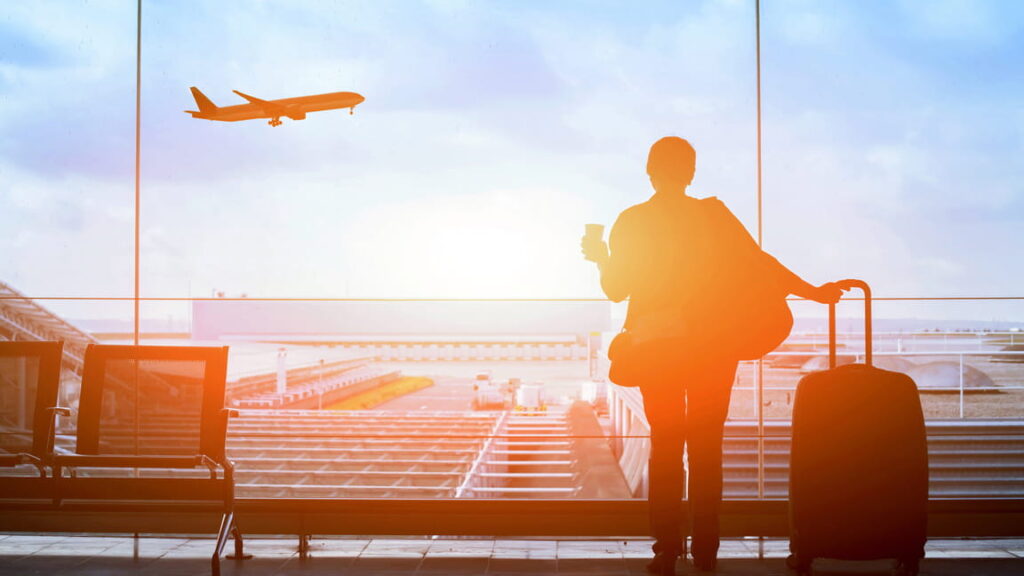
The Call of the Unknown
Throughout history, human beings have been drawn to the unknown. The great explorers of the past risked everything to chart new territories and understand distant lands. Today, while airplanes, trains, and digital maps have made the world more accessible, the call of the unknown still inspires travelers to seek new destinations.
This urge to explore is more than curiosity—it is a search for meaning, discovery, and connection. Every trip represents an opportunity to see life from another angle, to challenge assumptions, and to embrace the unfamiliar.
Travel as a Cultural Classroom
Every destination is a classroom, and every journey is a lesson. While books and films provide glimpses into other cultures, travel offers firsthand experiences that no secondhand source can replicate.
Visiting a temple in Thailand teaches the importance of spirituality in daily life. Watching flamenco in Spain reveals the passion embedded in cultural traditions. Joining a family dinner in Mexico shows how food bonds people together. These encounters educate travelers about values, history, and identity in a way that is deeply personal and unforgettable.
The Language of Food in Travel
Food is often the first gateway to cultural understanding. Each dish carries centuries of history, migration, and tradition. When travelers sample pho in Vietnam, curry in India, or paella in Spain, they are not just tasting ingredients—they are experiencing cultural identity on a plate.
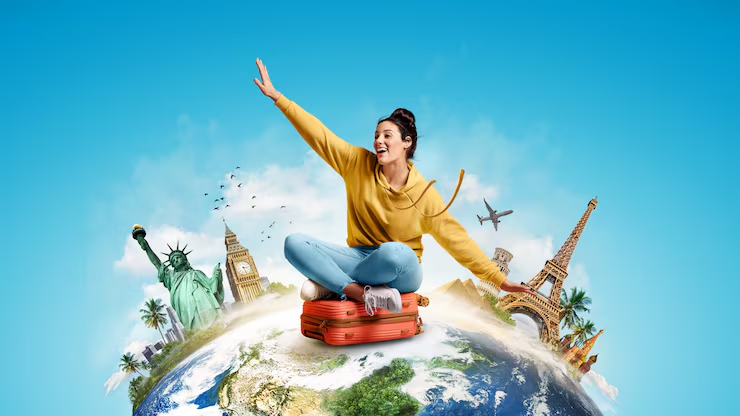
Street food stalls, bustling markets, and family-run restaurants provide some of the most memorable travel experiences. Sharing meals with locals, learning to cook traditional dishes, or even struggling with unfamiliar flavors deepens cultural appreciation. Food, in its universality, connects people across all divides.
The Healing Power of Nature Through Travel
Travel often brings people closer to nature, offering healing and renewal. From the calming sound of waves to the majesty of mountains, natural landscapes have the ability to restore balance to the human spirit.
National parks, protected reserves, and remote wilderness areas give travelers the chance to reconnect with the earth. Hiking in the Alps, watching wildlife in Kenya, or camping under stars in Australia are experiences that not only rejuvenate but also instill responsibility to care for the planet. In an era where environmental concerns are urgent, nature-based travel teaches respect for ecosystems and encourages sustainable lifestyles.
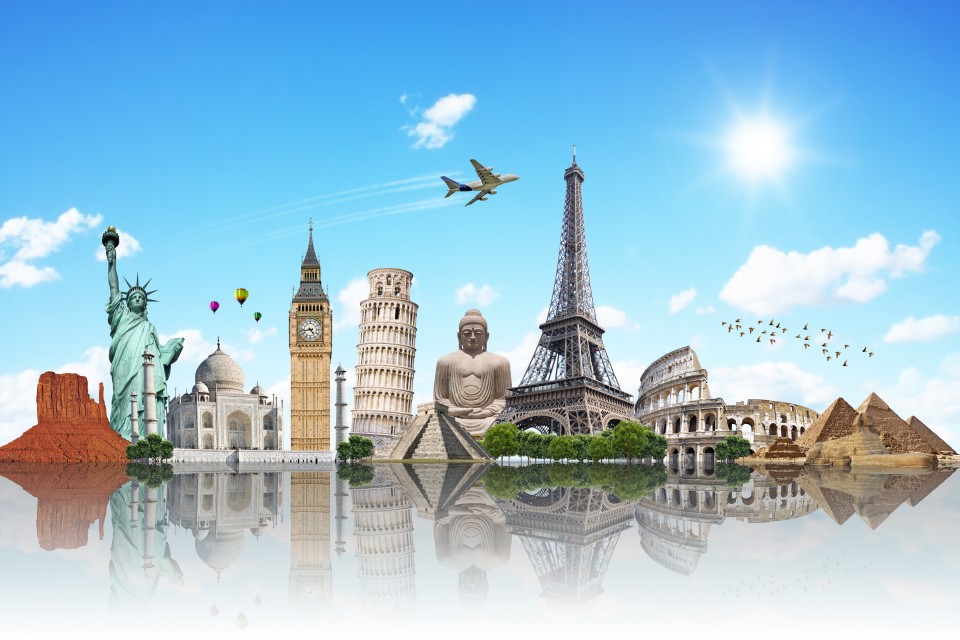
Travel and Adventure as Growth
Adventure is a powerful element of travel. Activities such as whitewater rafting, zip-lining, rock climbing, or trekking across deserts challenge comfort zones. These moments of fear and triumph leave lasting marks on character.
Facing obstacles during travel builds resilience. Overcoming language barriers, finding solutions in unexpected situations, or conquering physical challenges boosts self-confidence. Every adventure becomes a metaphor for life, proving that courage grows when tested.
Travel as Human Connection
The true beauty of travel often lies in the people we meet. A conversation with a taxi driver in Istanbul, a shared laugh with strangers on a bus in Brazil, or a warm welcome in a homestay in Nepal creates bonds that transcend nationality and language.
These connections reveal the shared humanity that unites us. Despite cultural differences, people everywhere seek kindness, safety, and belonging. Travel highlights this truth and nurtures empathy, reminding us that borders are political constructs, not barriers of the heart.
Travel and Storytelling
Every journey produces stories. These stories, whether of missed trains, breathtaking sunsets, or chance encounters, become part of personal identity. They are shared at dinner tables, recorded in journals, or posted on digital platforms, inspiring others to explore.

Storytelling through travel is not just personal; it is also collective. Documentaries, photography, and travel writing bring distant cultures to the attention of global audiences. These stories expand awareness, foster appreciation, and create a sense of global community.
Sustainable Travel for a Better Future
As travel becomes more accessible, sustainability is essential to protect destinations from overexploitation. Crowds at popular sites can damage ecosystems and strain resources, while unchecked development disrupts cultural heritage.
Sustainable travel encourages mindful choices. Travelers can select eco-friendly accommodations, avoid single-use plastics, and support local artisans and businesses. Instead of rushing through multiple cities in a week, slow travel allows deeper immersion and reduces environmental impact. By adopting these practices, travelers ensure that future generations can enjoy the same wonders.
Technology and Modern Travel
Technology has completely changed how people experience travel. Online booking systems simplify planning, while GPS ensures no traveler is ever truly lost. Apps for language translation, ride-sharing, and digital payments eliminate many barriers.
At the same time, constant connectivity can reduce authenticity if travelers focus too much on social media rather than presence. Balancing technology with mindfulness is crucial. While photos and updates are valuable, moments of silence, observation, and immersion hold the deepest rewards.
Travel and Remote Work
The rise of digital nomads has redefined the meaning of travel. For many professionals, work is no longer tied to a single location. Cities like Bali, Lisbon, and Chiang Mai have become hubs for remote workers seeking both productivity and adventure.
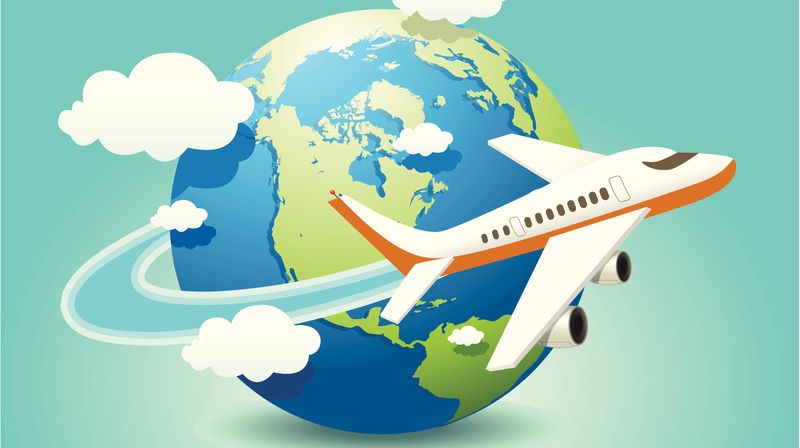
This trend demonstrates a shift in values. Instead of waiting for retirement to see the world, people are blending work and travel throughout their careers. It creates opportunities for cultural exchange and inspires a lifestyle that prioritizes freedom and experiences over material possessions.
Challenges of Travel
Travel is not without its challenges. Flight delays, illnesses, and cultural misunderstandings can test patience. Budget limitations and logistical hurdles often complicate plans.
Yet these challenges add depth to the experience. The stories of mishaps often become the most memorable parts of travel. They test adaptability, humility, and problem-solving, ultimately enriching the journey.
Travel as a Path to Healing and Self-Discovery
Many people travel during periods of transition or healing. After personal losses, career changes, or stressful periods, travel provides distance and clarity. Being in a new environment allows reflection and self-discovery.
Wellness retreats, meditation journeys, and pilgrimage routes attract those seeking renewal. Whether practicing yoga in India, hiking in the Himalayas, or retreating to quiet countryside, these experiences bring peace and restore balance.
Travel and Global Economy
Tourism is one of the largest industries in the world, generating employment and fostering development. It supports local businesses, funds cultural preservation, and encourages international cooperation. However, overdependence on tourism also presents risks, as seen during global disruptions like pandemics.
Balanced tourism strategies are essential. Countries must protect cultural heritage and natural resources while ensuring economic benefits for local communities. Travelers play a role in this balance by choosing to spend money responsibly and respectfully.
Travel Across Generations
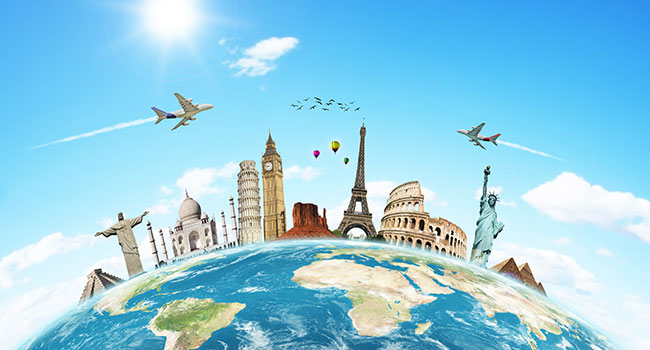
Travel is not limited to any age. Children gain curiosity and adaptability, young adults discover independence, and older travelers find renewal. Each generation experiences travel differently, but all share the joy of discovery.
For families, travel creates shared memories that last for decades. For individuals, solo journeys often mark milestones of self-discovery. Across generations, travel unites people through shared stories, laughter, and growth.
The Future of Travel
Looking forward, travel will continue to evolve. Eco-tourism, virtual travel, and even space tourism are on the horizon. Advances in transportation may reduce travel times, making distant destinations more accessible. Yet no matter how technology advances, the core purpose of travel remains unchanged—to explore, to connect, and to grow.
Younger generations are shaping the future of travel by prioritizing sustainability, authenticity, and community engagement. Their choices will define the industry, ensuring that travel becomes not just a privilege but also a responsibility.
Conclusion
Travel is one of the most transformative human experiences. It brings education, adventure, healing, and joy. It fosters empathy, builds resilience, and connects people across borders. Each journey, whether near or far, carries the power to shape identity and worldview.
As travelers, the challenge is to explore responsibly, mindfully, and with an open heart. By doing so, every trip becomes more than movement across a map—it becomes a journey of transformation. Travel enriches not only individuals but also humanity as a whole, proving that exploration is not a destination but a way of life.